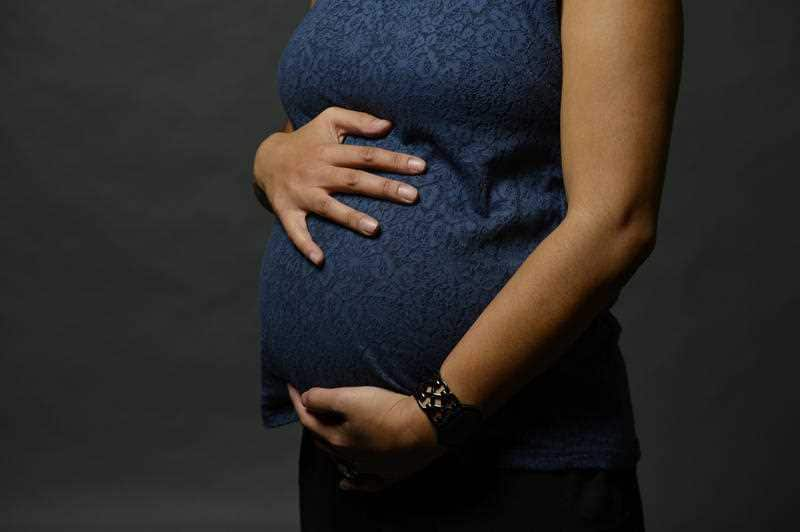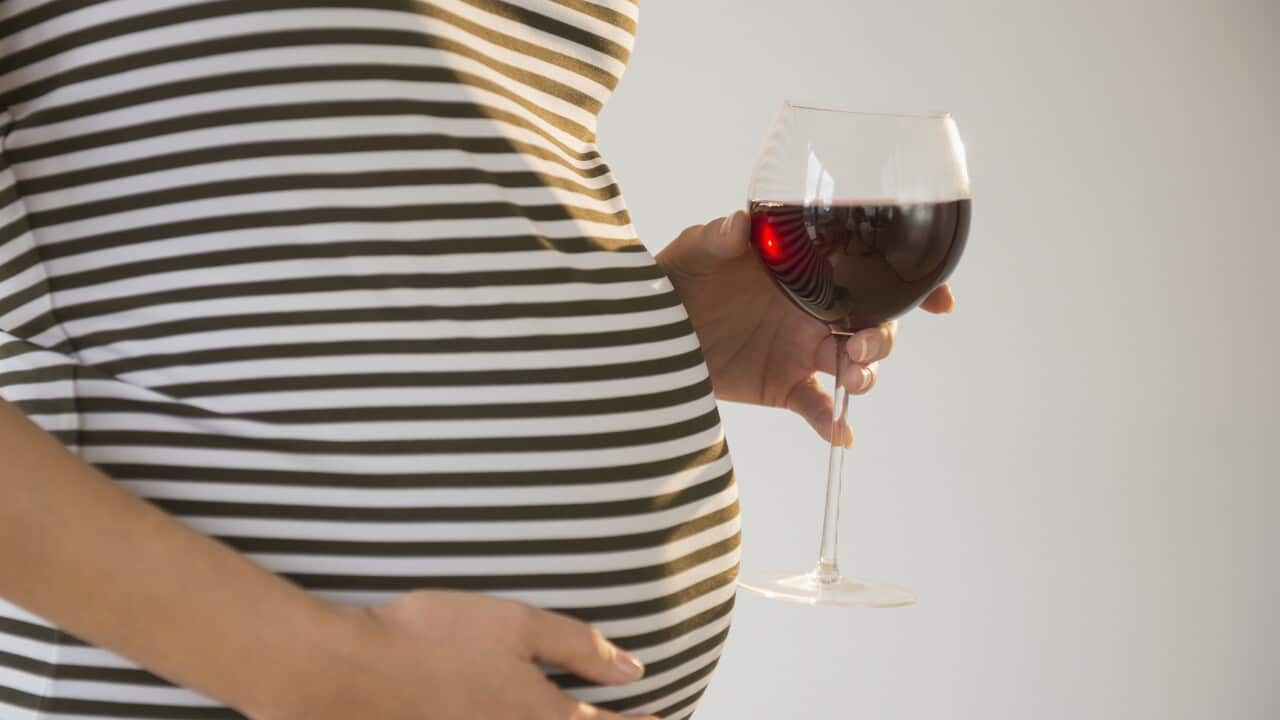While heavy drinking is clearly harmful to the unborn baby, often leading to miscarriage, premature birth and foetal alcohol syndrome, the possible effects of light drinking have been less clear.
High quality data on this issue is lacking due to ethical and methodological issues. On the one hand, experiments (clinical trials) in this area are impossible to conduct. Clinical trials would include randomising a group of pregnant women to drinking alcohol, which is clearly unethical. On the other hand, in observational studies we can never be sure whether the results are due to alcohol or other factors, such as wealth or education.
‘One glass is OK, isn’t it?’
Women often ask about “safe” levels of drinking during pregnancy. The distinction between light drinking and abstinence is indeed the point of most tension and confusion for health professionals and pregnant women, and public health guidance varies worldwide.
Our new review of the evidence, published in BMJ Open, shows that this specific question is not being researched thoroughly enough.
As there can be no clinical trial research carried out on this topic, we systematically reviewed all the data from a wide range of high quality observational studies. These studies involved pregnant women, or women trying to conceive, who reported on their alcohol use before the baby was born. The researchers assessed the impact of light drinking, compared with no alcohol at all.
The level of alcohol consumption we compared to not drinking was based on recommended maximum level given by the UK Department of Health’s previous guidance (the recent guideline came out while we were in midst of our research). This was one to two UK units, once or twice a week. Four units of alcohol – the maximum amount of alcohol per week – is equivalent to two pints of strong beer or two medium-sized glasses (175ml) of light white wine. Anything above that is considered moderate or heavy drinking, and wasn’t evaluated in our study.

We investigated pregnancy outcomes, such as miscarriage, premature birth, and delivering a small-sized baby (typically babies in the lowest 10% weight category for the gestational age). We also looked at longer-term outcomes such as developmental delays, impaired intellect and behavioural difficulties at all ages.
After looking at nearly 5,000 papers, we included 26 relevant studies in our review. We found some evidence that women who reported drinking even this small amount of alcohol (one to two UK units, once or twice a week) were 8% more likely to deliver a baby that is small for its gestational age. However, the evidence that light drinking also affected premature delivery was weaker and there was insufficient evidence on other health outcomes, such as behavioural outcomes.
We were limited by the comparisons reported by the original studies, and many of them didn’t consider light drinking but only moderate or heavy drinking – or both. Our comprehensive review found that evidence of the effects of light drinking in pregnancy is surprisingly limited.
As there was some evidence, however, that even light drinking can be linked with small babies, our study confirms that advising women to abstain during pregnancy is indeed the safest option.
This evidence supports the new guidelines released by the UK’s Department of Health in January 2016. The guidelines advise women not to drink any alcohol when pregnant or trying to conceive. This was based on a “better safe than sorry” principle, and in light of our findings, it seems the sensible choice.
Loubaba Mamluk receives funding from by the National Institute for Health Research through the Collaboration for Leadership in Applied Health Research and Care West (CLAHRC West) and UK Medical Research Council through the MRC Integrative Epidemiology Unit at the University of Bristol. Luisa Zuccolo received funding for this project from the National Institute for Health Research through the Collaboration for Leadership in Applied Health Research and Care West (CLAHRC West) and is currently funded by the UK Medical Research Council through the MRC Integrative Epidemiology Unit at the University of Bristol. She also received funding from the UK Medical Research Council through a personal research fellowships (Grant ref G0902144) while conducting this work.
Luisa Zuccolo received funding for this project from the National Institute for Health Research through the Collaboration for Leadership in Applied Health Research and Care West (CLAHRC West) and is currently funded by the UK Medical Research Council through the MRC Integrative Epidemiology Unit at the University of Bristol. She also received funding from the UK Medical Research Council through a personal research fellowships (Grant ref G0902144) while conducting this work.
This week Insight looks at why women over 40 are drinking more. | Wine O'Clock - Tuesday 10 October, 8.30pm SBS
Insight is Australia's leading forum for debate and powerful first-person stories offering a unique perspective on the way we live. Read more about Insight
Have a story or comment? Contact Us


